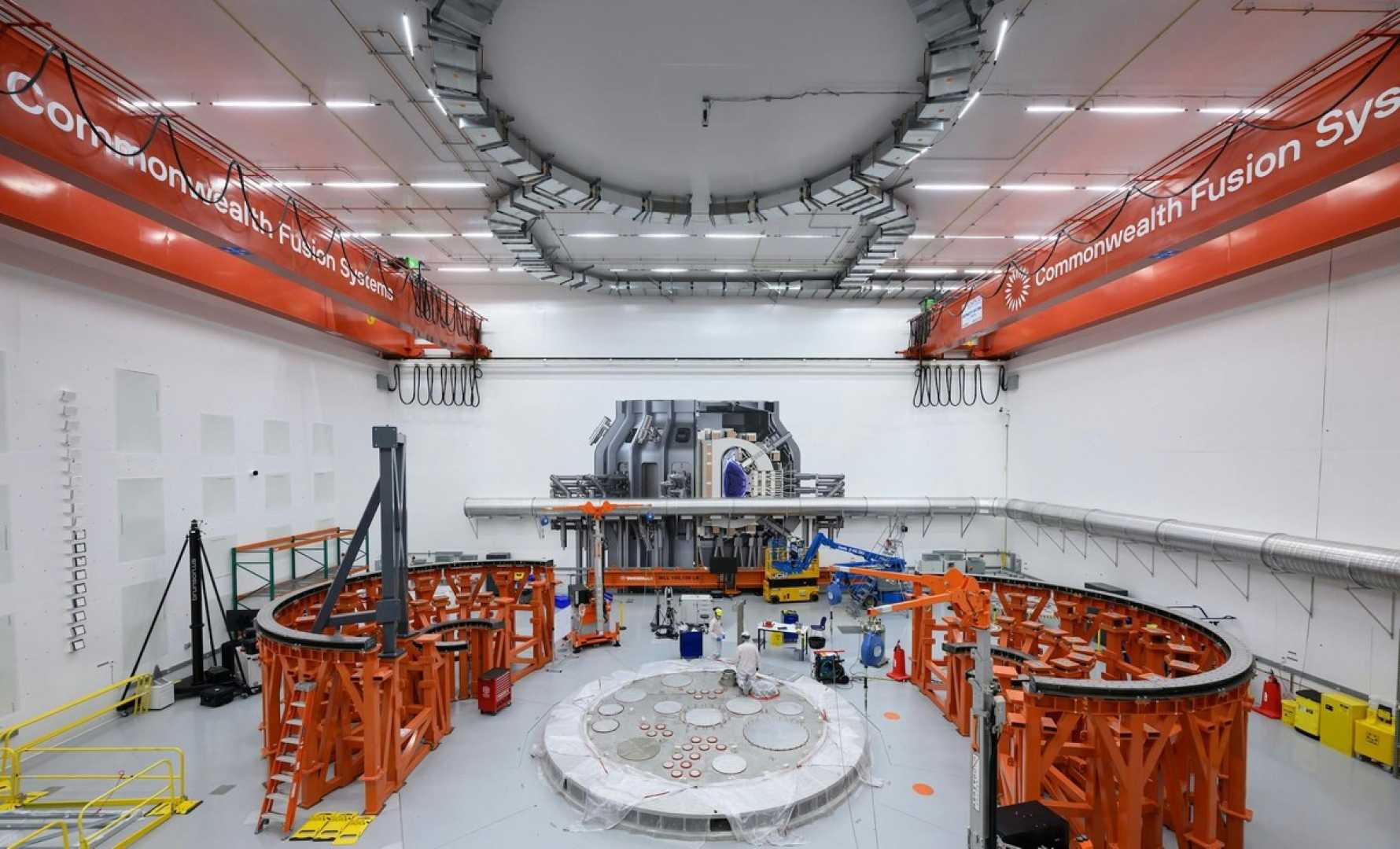Tech
Google Invests in Future Fusion Plant to Tackle Climate Change

DEVEN, Massachusetts — Tech giant Google is making a significant investment in a nuclear fusion plant yet to be built, aiming to replicate the energy of the stars. This move reflects the growing interest of major tech companies in finding a clean and unlimited power source that remains beyond reach for now.
On Monday, Google and Commonwealth Fusion Systems announced a deal where Google will purchase 200 megawatts of energy from Commonwealth’s upcoming commercial fusion plant. This amount is enough to power approximately 200,000 average American homes. The plant is expected to be constructed in Virginia by the early 2030s, although it remains unclear when it will start producing usable fusion energy.
As part of its latest investment, Google is also contributing to the development of Commonwealth’s demonstration tokamak, a large donut-shaped machine designed to harness massive magnets and molten plasma to merge atomic particles, mimicking the sun’s energy creation process.
While the exact financial details of the investment have not been disclosed, both companies hailed the announcement as a pivotal moment in the commercialization of fusion energy. Michael Terrell, senior director of energy and climate at Google, stated, “We’re using this purchasing power that we have to send a demand signal to the market for fusion energy and hopefully move the technology forward.”
Commonwealth is currently developing its demonstration plant in Massachusetts, known as SPARC. This facility is projected to generate ten million times more energy than fossil fuels, all while emitting no pollution that harms the planet. The fuel for fusion is plentiful, derived from hydrogen found in seawater and tritium extracted from lithium, and unlike nuclear fission, it produces no radioactive waste.
However, the challenge lies in creating a machine powerful and precise enough to extract more energy from the reaction than is consumed. Despite this, fusion presents a particularly enticing option for tech companies such as Google, providing a consistent supply of electricity essential for data centers and artificial intelligence.
Commonwealth CEO Bob Mumgaard referred to the agreement as the “largest offtake agreement for fusion,” stating that Google’s financial backing will enable the company to advance research and development needed for the commercial fusion plant in Virginia, alongside completing the SPARC demonstration facility in Massachusetts. Mumgaard noted the investment allows concurrent progress: “It definitely puts it in a category where now we can start to work more and more on ARC while we finish SPARC, instead of doing them very sequentially.”












